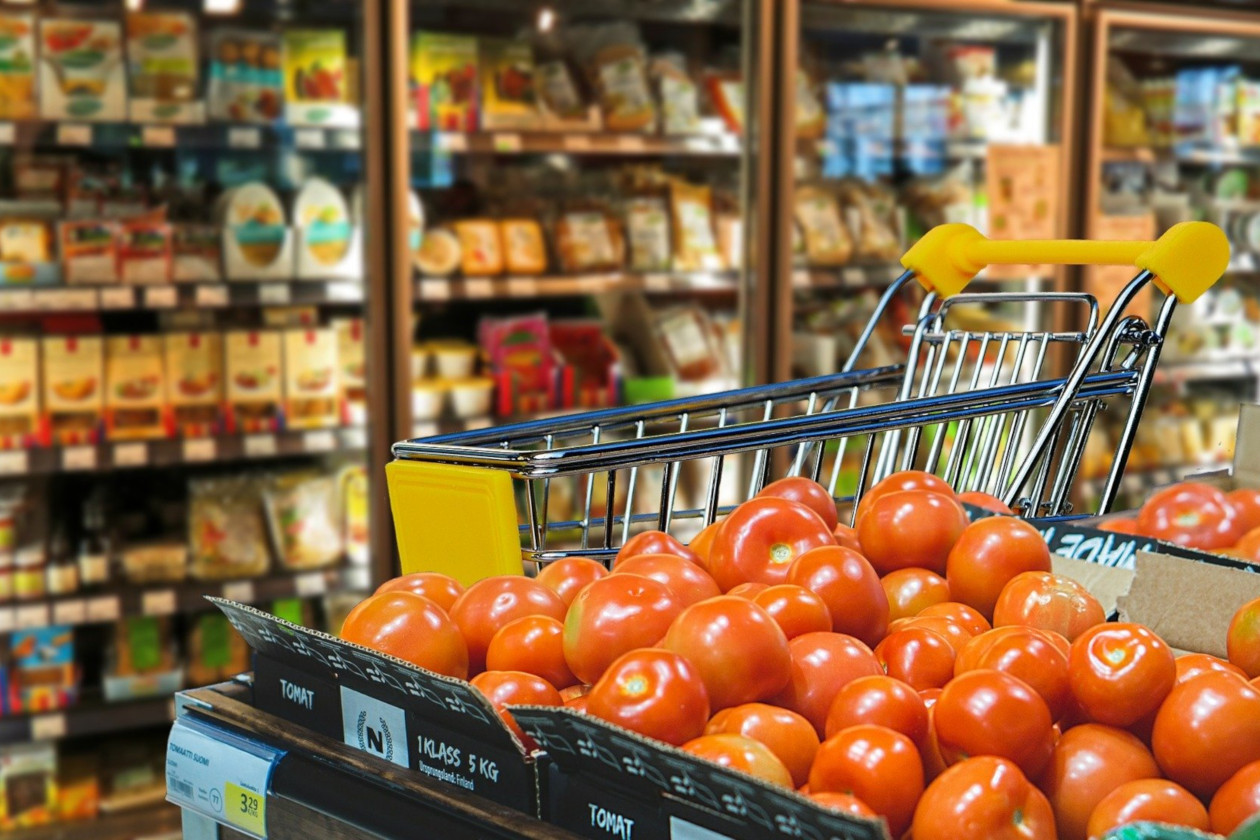Trends In Supermarket Sector After The Recent Acquisitions By Metro & Sklavenitis
The effort undertaken by Metro and Sklavenitis to grab 2 billion euro, corresponding to the 2-year balance turnover by Marinopoulos and Veropoulos that went bankrupt, as well as the persistent recession imposed by the IMF & EU Commission that hit the demand, depict a new era for the retail sector characterized by retail brand concentration and a new lifecycle for the related industry this year.
Monday, April 10, 2017

2017 is considered to be marked by an intense "war" of prices modifying the market share for each player in a market which is still being tested by the recession. Important to note that the first three weeks of 2017 a fall more than 10% is recorded in total retail sales because of (a) families’ financial weakness and (b) the severe cold hit that "froze" the market.
AB Vassilopoulos, launched an aggressive discount campaign on first need products by the end of 2016, that was largely followed by its competitors. Now they all expect when Sklavenitis will "pick up the glove" as the strongest player in the industry, when pending legal issues regarding the bailout of Marinopoulos infrastructure will be resolved.
Turnover lost by Marinopoulos & Veropoulos has been turned to be a “gift” for the rest of active players. But one portion and probably most of it, would rather be “lost” this year as an expert in the area states: “…I believe that in 2017 all supermarket chains will really give a tough fight to maintain the turnover levels of the last two years …"
Forecasts outline a trend of clipping gross earnings. Other senior industry strain comments: "When the operating costs of a chain amounts to 25% and the gross profit margin 27%, the net gain is formed at 2%. With a "war" price that is sure to break out, we reset our profits. Of course, those who now form part of the major market forces afford to move in that direction. Besides, the large loss-making market "players" came from the middle ... ". And he concludes: "None of the powerful ones will face a risk of survival. The question is what will happen to SME networks and much more to small players of the industry, which have now reached the limits of their endurance. "
Regarding mergers, all eyes are now on two chains, “D. Masoutis” and “Five”, that scored lower in terms of sales volumes compared to the turnover figures by Sklavenitis or by AB Vassilopoulos, Metro and Lidl. However, the latter two chains have large reserves capable to sustain capital and profitability, therefore they have the capability to get along for a considerable time ahead without changing their strategy.
Let us see, however, what they plan the major market players for the year 2017:
AB Vasilopoulos
In 2017, AB Vassilopoulos continues with another aggressive investment plan amounting to 105 mil euro, that will largely support the overall effort of the chain to preserve its market share against the re-activation of the Marinopoulos infrastructure following the deal with Skalvenitis.
The company since the end of last year showed its aggressive attitude making its first hit on the prices and everything indicates that it will not remain "quiet",within 2017. The investment plan focuses on expanding its network this year, this time with 20 new corporate stores -in which will be added seven franchise-, and older branches’ upgrades.
The company will focus, among other things, to the new type of small shops selling space area, with which it penetrates in densely populated neighborhoods. Already has worked six, as noted executives, the first profitability tests were positive. This year much of the company’s investments will be allocated for the creation of a new central warehouse in Mandra for dry bulk products. This is a total roofed area of 30.000 sq.m. with facilities, further extendable by 10.000 sq.m.
Sklavenitis
The current financial performance is characterized as the most critical in the history of Sklavenitis. It is the year that its management will decide whether the chain will be able to lay the foundation for reaching 3 billion euro turnover or it will be stuck to the range from 1.7 to 2 billion euro. All the above will be dependable by the resolution of the Agreement on the Rescue of Marinopoulos, i.e. the speed at which the Sklavenitis will overcome the legal issues that have arisen because of delays in the approval of the rescue plan at Court, as prompt and especially the effective resolution of its competitors’ during the Marinopoulos’ integration process.
Regardless of the outcome in rescuing Marinopoulos, Sklavenitis’ management looks forward to sustainable growth reflected to its accounting figures this year. The expectation of a positive outcome is supported by its powerful ally, “The Mart”, a wholesale network. This, according to the latest official data of 2015, which appears to have "locked" their positioning in the retail sector, maintaining the sales volume inherited from Makro’s acquisition to 392 million euro. Most importantly, however, it is that Sklavenitis has made this network profitable. As for the company’s investment in new stores (wholesale and retail) it is estimated that everything will be put under test dictated by the outcome of Marinopoulos’ development project. If everything goes smoothly, the company’s investments will be directed to the integration of the network. If not, the group will return to the expansion policy of its own network.
